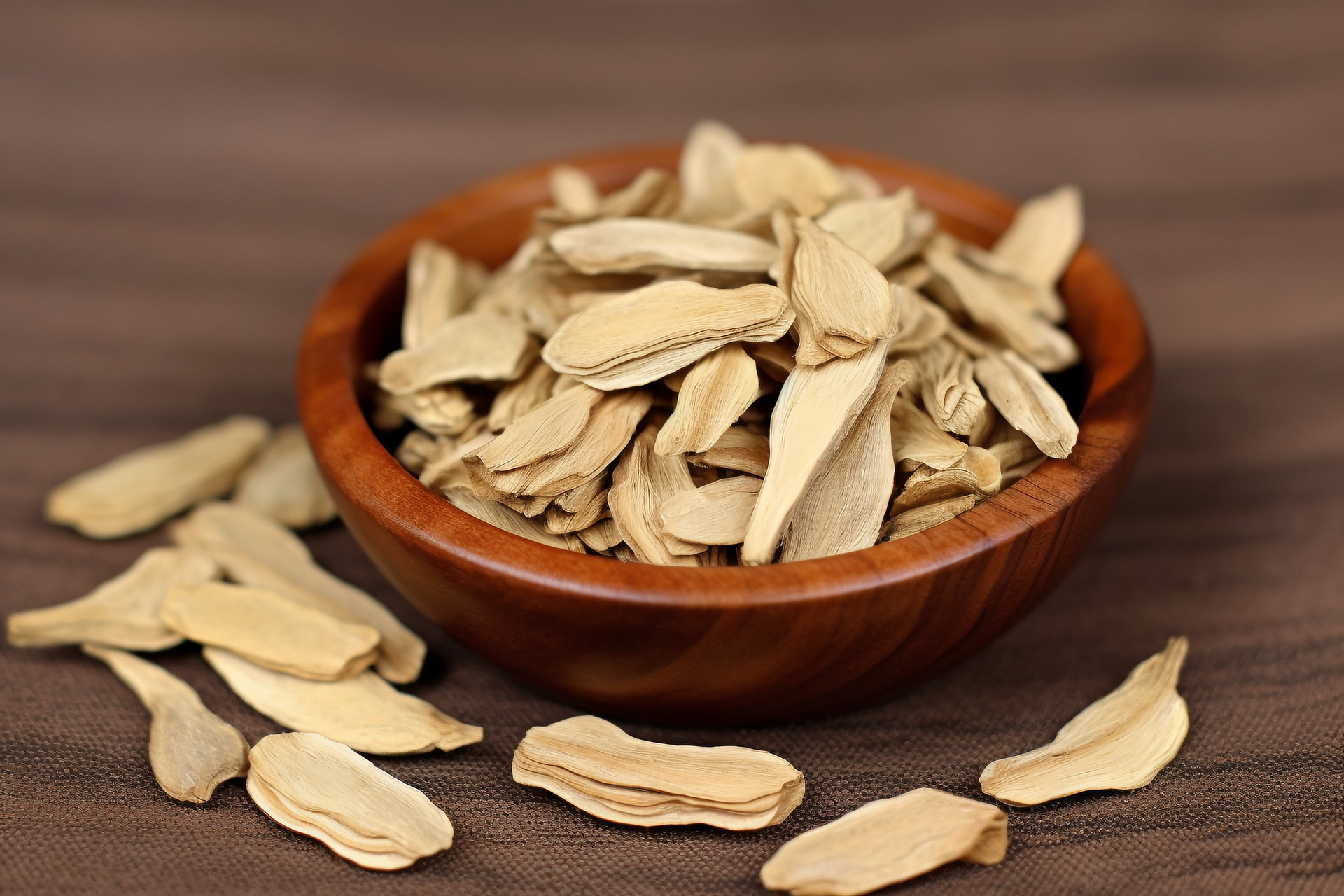Eggs are a nutritious food, and in addition to their common benefits, eggs also have three lesser-known benefits and some dietary restrictions.
Revealing the 7 Dietary Restrictions and 3 Amazing Benefits of Eggs
Three Lesser-Known Benefits of Eggs
1. Eating more eggs makes your eyes "bright"Eggs are just as good as carrots in this regard. Many studies have shown that people who eat eggs every day are less likely to develop cataracts.
2. Eating more eggs makes your hair grow fasterResearch has found that people who love eating eggs have faster hair growth. This is because the choline in egg yolks promotes hair growth. Experts recommend that women consume 425 milligrams of choline per day, while men should consume 500 milligrams. One egg contains about 300 milligrams of choline.
3. Eating more eggs can prevent breast cancer
Scientists have found that women who eat six eggs per week have a 44% lower risk of developing breast cancer. This is because eggs are rich in vitamin D, which helps prevent breast cancer.
Seven Common Mistakes when Eating Eggs
Peeling boiled eggs after they have naturally cooled down
This method not only takes time and effort, but also tends to leave egg whites on the shell, resulting in wastage. A time-saving and efficient method is to immediately put the boiled eggs into cold water after taking them out. Once they are cool enough to handle, peel them quickly.
Cooking scrambled eggs on high heat
Cooking scrambled eggs on high heat can easily make them burnt and result in a tough texture. It is best to use medium-low heat to gently scramble the eggs, so that they are not overcooked and have a smoother texture.
Stirring the egg mixture vigorously before making an omelette. Stirring the egg mixture vigorously can result in a hard texture for the omelette. There is no need to stir the mixture with too much force. If a little water or cream is added while stirring, the resulting omelette will be less likely to stick to the pan and will be fluffy and delicious.Adding salt when boiling poached eggs
When boiling poached eggs, only a little vinegar (not salt) should be added to the hot water (not boiling). After boiling for 3-4 minutes, the eggs can be taken out, resulting in a more tender poached egg.
Using an iron pan
It is better to use a non-stick pan for cooking egg dishes than a stainless steel or iron pan. The reason is simple: once the eggs stick to the pan, they are more likely to become burnt.
Adding seasonings to eggs at the end when cooking. For scrambled eggs and omelettes, the salt and pepper should be added to the egg mixture or just before cooking, ensuring even seasoning.Boiling eggs in boiling water
It is best not to put eggs directly into boiling water, as this can cause the eggshells to crack and the egg whites to leak out, as well as the risk of burning your fingers. The correct method is to put the eggs in cold water, heat slowly, and boil for 3 minutes after boiling. After turning off the heat, let them soak for 5 minutes. This will result in tender egg whites and a set yolk that is not overcooked.











